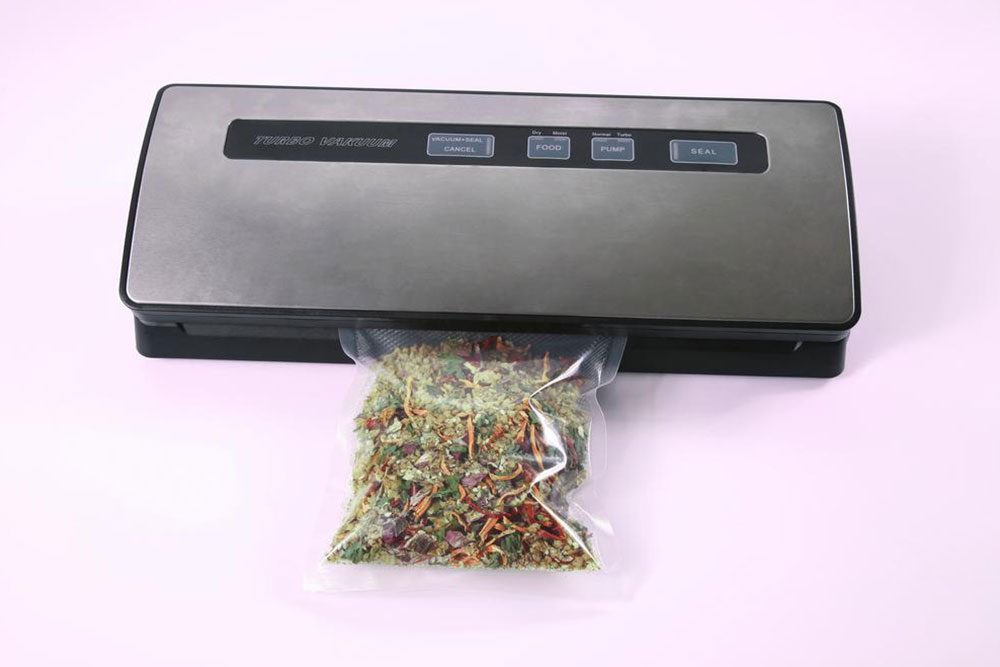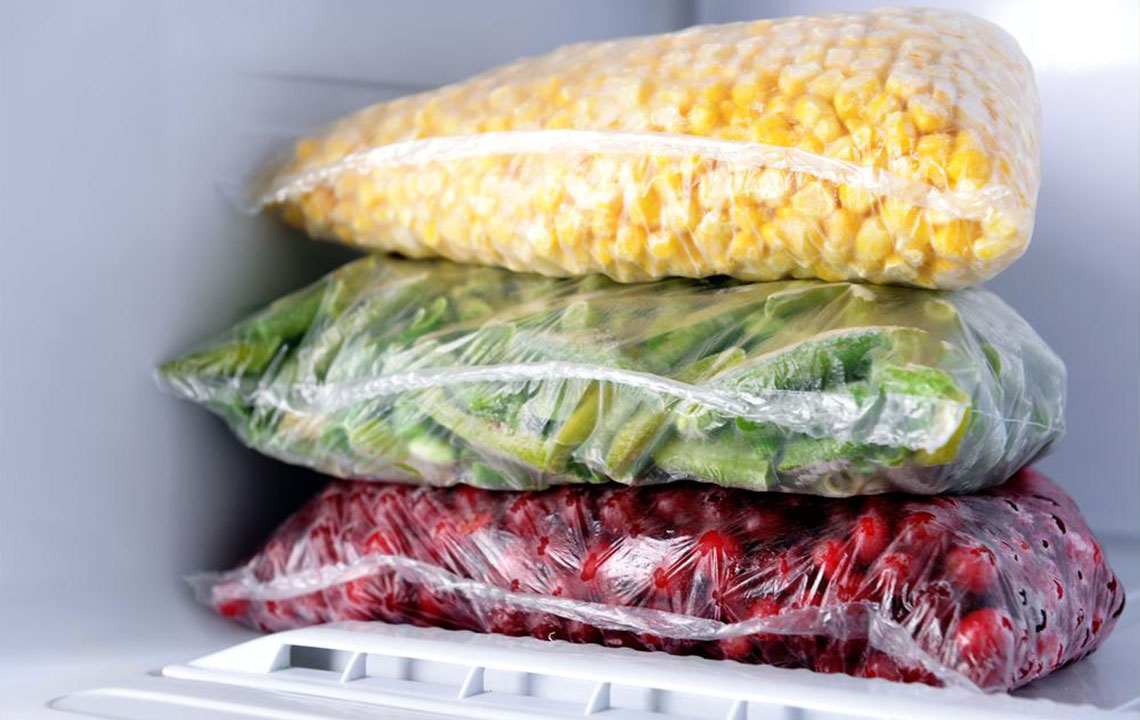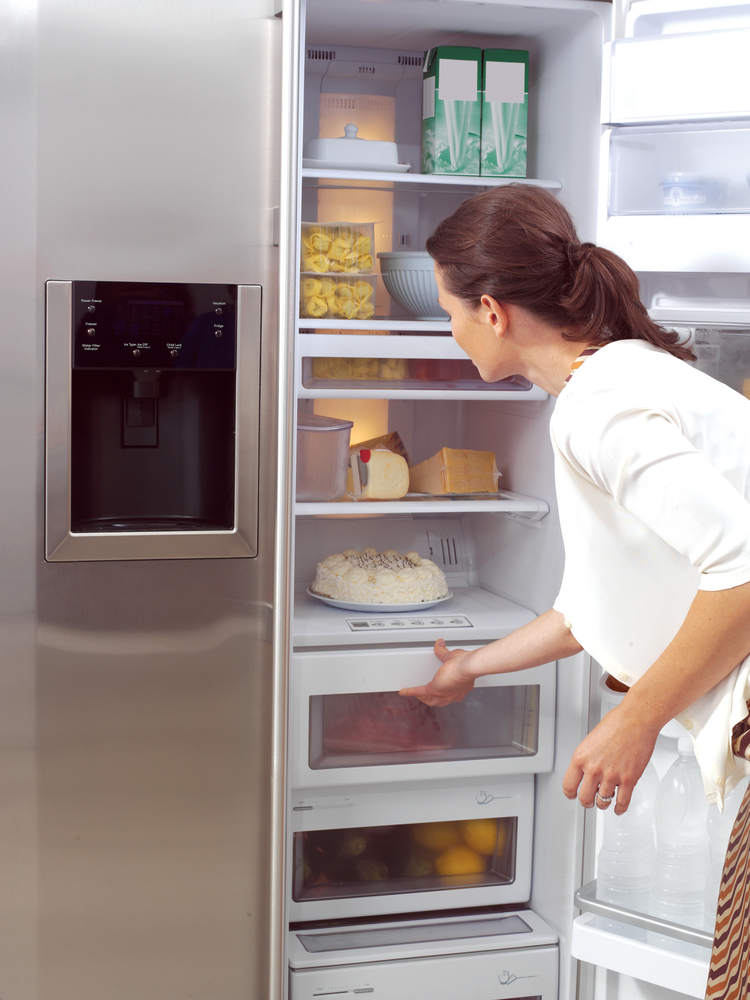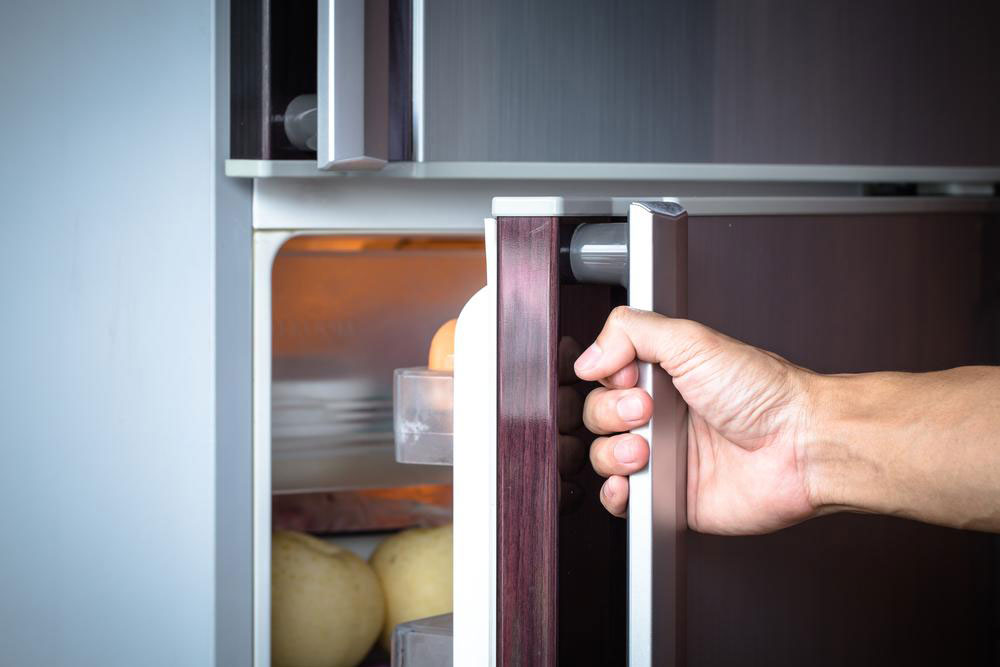The Benefits of Using Mason Jars for Food Preservation and Storage
Discover why Mason jars are the best choice for safe, durable, and eco-friendly food preservation. This detailed guide explores their features, health benefits, economic advantages, and versatility, making them ideal for sustainable storage at home. Whether for canning, storing dry goods, or fermenting, Mason jars offer a safe and environmentally conscious alternative to plastic containers, contributing to healthier living and a greener planet.
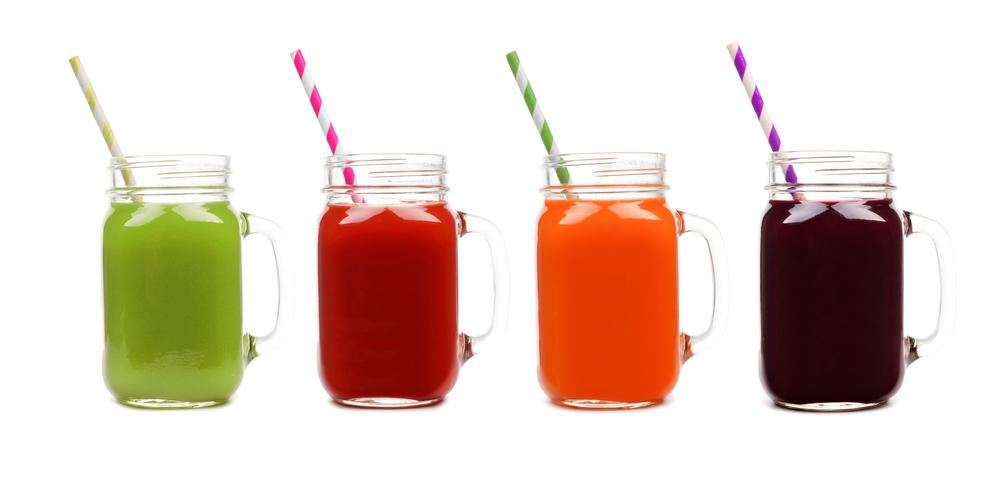
Why Mason Jars Are the Optimal Choice for Safe and Sustainable Food Storage
In recent years, there has been a growing awareness about the importance of safe, eco-friendly, and sustainable methods for storing and preserving food. Among the many options available today, Mason jars stand out as a top-tier choice, blending traditional craftsmanship with modern safety standards. These timeless glass containers, equipped with secure metal lids and rubber sealing rings, have been favored by home cooks, preservation enthusiasts, and eco-conscious consumers worldwide. Their design not only ensures airtight storage but also promotes health and environmental sustainability. This comprehensive article explores the compelling reasons why Mason jars continue to surpass plastic containers in safety, durability, versatility, and eco-friendliness.
Understanding the Features of Mason Jars
Mason jars are made from high-quality borosilicate or soda-lime glass, which is non-porous and chemically inert. Unlike plastics, glass does not absorb odors, flavors, or bacteria, making it an ideal medium for preserving food’s original taste, aroma, and nutritional value. The iconic screw-on metal lid, coupled with a rubber gasket or sealing ring, creates an airtight environment that prevents moisture, air, and contaminants from entering. This airtight seal is crucial for preventing spoilage, mold growth, and the proliferation of bacteria, extending the shelf life of stored foods significantly.
One of the most distinguishing features of Mason jars is their durability. Constructed from tough glass, these jars can withstand temperature variations, including hot liquids and boiling water, without warping or cracking. This resilience makes them suitable for a variety of preservation methods, from water bath canning to hot fill processes. Moreover, Mason jars are designed to be reused repeatedly, which not only saves money but also reduces waste and environmental impact.
The Safety and Health Benefits of Mason Jars
Safety is paramount when it comes to food storage. Plastic containers, although convenient and lightweight, often pose health risks due to the potential leaching of harmful chemicals such as BPA (Bisphenol A), phthalates, and other unsaturated compounds. These substances can migrate into food, especially when plastics are exposed to heat or prolonged storage, raising concerns about endocrine disruption and carcinogenic effects.
In contrast, Mason jars are made of food-grade glass free from harmful additives. They do not release toxins even after years of use, making them a much safer option for storing everything from fresh produce and pickles to dried herbs and beverages. Additionally, the non-porous surface of glass prevents absorption of bacteria, mold spores, and odors, which are common issues with plastic containers. As a result, Mason jars help maintain the purity and flavor integrity of preserved foods, contributing to healthier eating habits.
Economic and Environmental Advantages of Mason Jars
Although Mason jars may have a slightly higher initial purchase cost compared to disposable plastic containers, they prove to be more economical over time. Their robustness and reusability mean they can be used year after year without the need for replacement. This longevity eliminates the ongoing expenses associated with constantly purchasing plastic containers, which often degrade or become stained and damaged over time.
From an environmental perspective, Mason jars are highly sustainable. Glass is 100% recyclable and can be recycled endlessly without loss of quality or purity. Recycling rates for glass top 80%, significantly higher than plastics, which often degrade in quality after multiple cycles. Using Mason jars reduces plastic waste that pollutes oceans, lands, and ecosystems, making them an eco-friendly choice for conscious consumers.
Versatility and Practicality in Food Preservation
Mason jars are renowned for their versatility. They can be used for storing a wide variety of foods, including dry goods like beans and grains, liquids such as juices and smoothies, and hot foods like soups and stews. They are also ideal for fermenting foods, making jams, jellies, and pickles. Their heat resistance allows for hot packing methods, and their transparency makes it easy to identify contents at a glance.
Furthermore, Mason jars are compatible with many preservation techniques. They are perfect for canning, freezing, and even microwave heating, providing convenience and flexibility for home cooks and preservation enthusiasts alike. Their attractive appearance also makes them suitable for serving directly at meals or for decorative purposes, adding an aesthetic touch to kitchens and dining tables.
Conclusion: A Sustainable and Safe Choice
In summary, Mason jars stand out as a superior option for food preservation and storage, offering remarkable safety, durability, and environmental benefits. Their resistance to chemical leaching, ability to withstand high temperatures, and eco-friendly lifecycle make them an ideal choice for families aiming to maintain healthy eating habits while reducing their ecological footprint. Although they require a modest initial investment, their long-term savings and sustainability advantages make Mason jars a smart investment for anyone committed to safe and eco-conscious food storage. By choosing Mason jars, consumers are not only protecting their health but also supporting a sustainable future for the planet.
